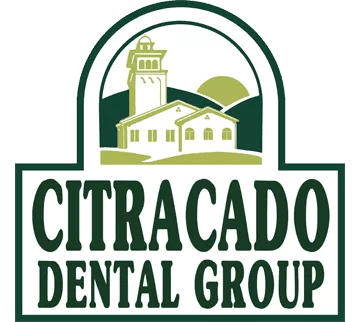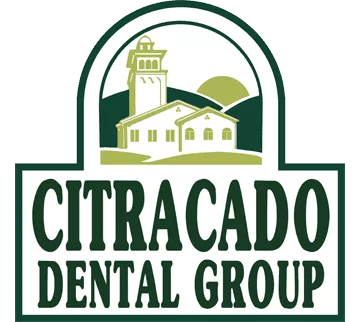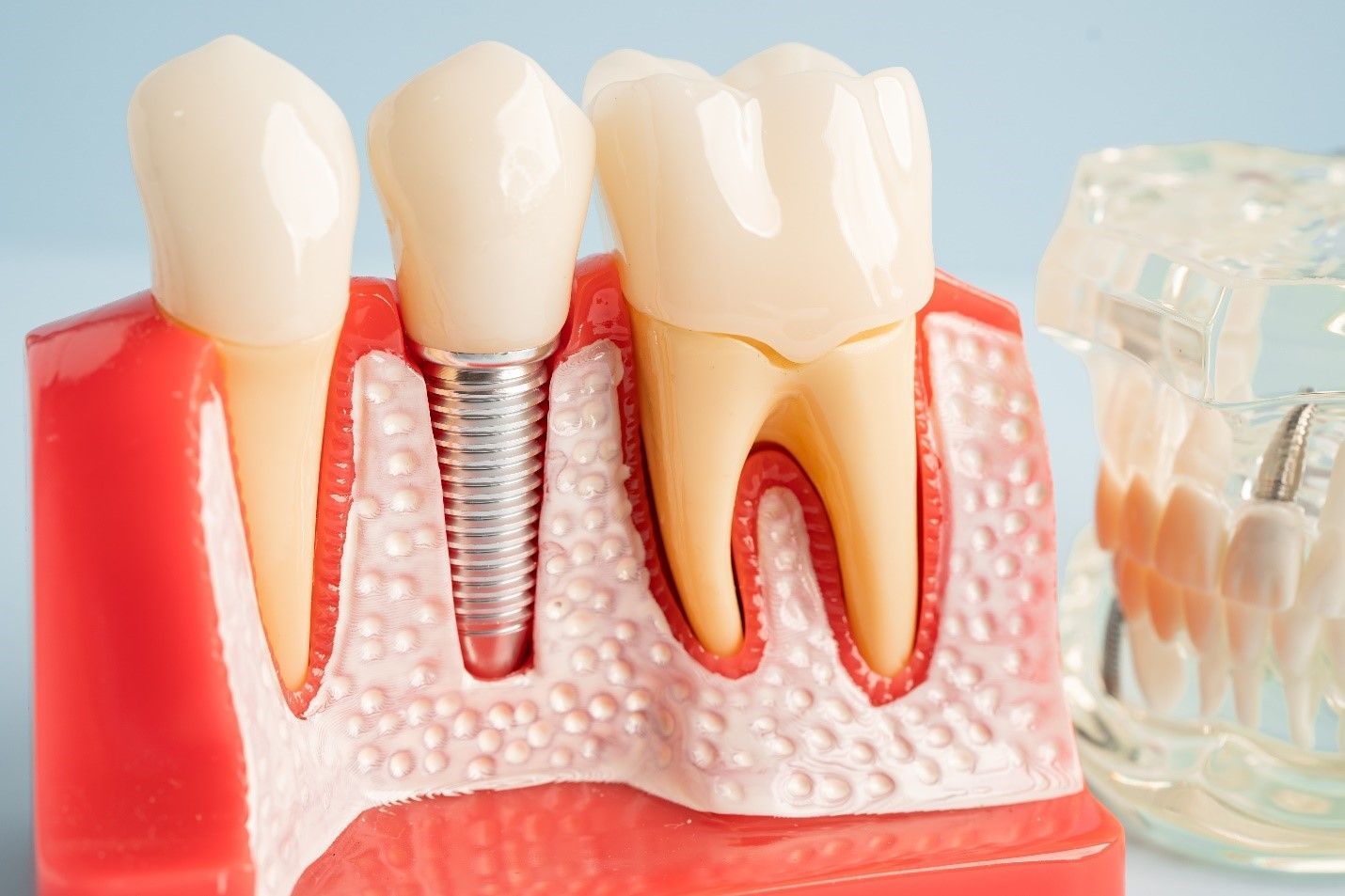How to make your oral health a New Year’s resolution

Taking care of your oral health is an important part of taking care of your overall health. Having a healthy mouth and smile can help boost your self-confidence, while also improving your physical health. Poor dental hygiene can lead to tooth decay, gum disease and other serious issues that may be difficult to reverse. This is why we think making your oral health a priority is a great resolution!
Here are five things you can do to achieve oral health success in 2023
1. Brush for two minutes, twice per day
Good oral hygiene requires that you brush your teeth twice per day for two minutes each session. Not only does brushing your teeth prevent cavities, but it also helps keep your mouth and gums healthy and clear of any accumulated bacteria or plaque buildup. Brushing twice a day for two minutes each session can help to ensure that your oral health is maintained.
There are many benefits to brushing twice per day, besides simply having healthy teeth. Regular brushing with the proper technique helps to remove food particles and other debris stuck between the teeth while cleaning away any plaque and bacteria on the tooth surface. Removing this debris prevents bad breath, gum disease and the accumulation of unsightly stain.
Remember: It's important to follow proper brushing techniques to make sure you're reaching all areas of your mouth and getting rid of any accumulated plaque or bacteria build-up that could lead to more serious problems like gingivitis or periodontal disease further down the line. Using an electric toothbrush is generally more effective than manual toothbrushes since they can clean even more thoroughly in a shorter period of time, and are more effective at removing stains.
So, if you want to maintain good oral hygiene and have a smile you can be proud of this new year, make sure you add “brush twice daily for two minutes” to your list!
2. Regularly replace your toothbrush
Many people don't realize that regularly replacing their toothbrush or toothbrush head is as important to good oral hygiene as regular brushing and flossing. Replacing your toothbrush every three to four months, or sooner if the bristles become frayed, is recommended to ensure you get a thorough and effective cleaning of your teeth and gums. The bristles on a toothbrush wear down over time, making it less effective at properly cleaning your teeth. When these bristles become frayed, they are unable to reach the hard-to-reach places in between the teeth and gums where bacteria can accumulate, resulting in poorer overall oral health. A new toothbrush with fresh bristles is better at removing this bacteria from your mouth, leading to healthier teeth and gums.
In addition to changing your toothbrush regularly, it’s also important to store it properly when not in use. Rinse the brush in clean running water and allow it to dry between uses. If you are using a holder to protect your brush, make sure that it allows the brush plenty of air circulation to can help prevent the growth of bacteria during storage.
By replacing your brush or toothbrush head every three to four months or sooner, if necessary, you can be sure that you are getting the most effective clean possible while maintaining proper hygiene habits for optimal oral health.
3. Floss every day
Flossing every day is a key part of maintaining great oral health. Regular flossing can help remove plaque and food particles from between your teeth and the gum line, reducing potential pathways for bacteria to enter your gums and oral tissues. Flossing helps to prevent cavity formation by getting rid of small pieces of food or sugary substances that have already begun to break down and form acid in the mouth. Flossing can also help stop gum disease from developing, by breaking up the bacteria filled biofilm between teeth. In other words, skipping daily flossing could lead to serious dental issues such as cavities, gum disease, bad breath and even tooth loss.
When it comes to flossing properly, using an up-and-down motion is recommended as opposed to a back-and-forth motion which can potentially cause injury to the gums. Additionally, it’s important to use enough length when pulling the floss tight so that you can reach all areas of your teeth with ease. It’s also important to wind some fresh floss around both sides of each tooth before making your way through your mouth so that you always have a clean section available for use.
If you’re unsure about your technique, we would love to show you how. Ask us for a demo during your next visit. It’s never too late to learn how to floss properly.
4. Resist the sugar
Eating sugary and acidic foods and drinks can do a lot of harm to your teeth and gums if not consumed in moderation. These sugars and acids contribute to tooth decay, discoloration and gum disease by attacking the enamel of the teeth as well as providing a breeding ground for bacteria that can cause oral infections. When it comes to sugary snacks and drinks, it’s best to limit intake as much as possible or, even better, completely avoid them. Sugary items include candy, chocolate, cake, cookies, soda, fruit juices, sports drinks, etc. These can all be very damaging if eaten frequently throughout the day.
Similarly, acidic foods like citrus fruits should be avoided if possible or consumed at least 30 minutes after consuming any sweet item so that the acid does not interact with any remaining sugar particles in the mouth. Additionally, avoiding sticky snacks like dried fruit can help minimize potential damage from sugar adhering to enamel surfaces. Including crunchy vegetables like carrots and celery in your diet is a great way to help cleanse your teeth while still eating something tasty; due to the fibrous nature of these foods, they act almost like natural toothbrushes! Drinking plenty of water throughout the day (not just with meals) is also great for keeping your mouth clean and hydrated, while helping dilute any sugary items that may have been consumed during meals.
By being mindful of what you consume each day when it comes to both food and drink, you can make sure that your teeth stay healthy and strong without sacrificing the joy of eating and drinking delicious foods and drinks.
5. Regular dentist visits
Having regular dental check-ups and cleanings is key to keeping your teeth healthy and preventing any potential problems from arising. Check-ups and cleanings help remove tartar and plaque from the surface of the teeth, significantly reducing the risk of tooth decay, gum disease and other oral health issues. At each checkup and cleaning, we will also assess your overall dental health by performing a thorough examination of the teeth and gums. During the exam, we will look for signs of gum disease, cavities and oral cancer. We may also take X-rays or perform other tests to evaluate your oral health needs.
It’s recommended that adults have dental check-ups at least twice a year - every six months at a minimum, to keep their mouths healthy. If you’re at risk for gum disease or cavities due to certain lifestyle habits like smoking or poor oral hygiene, then you should visit your dental hygienist frequently to prevent further complications from occurring.
So, make sure that you put “regular dental check-ups and cleanings” on top of your list of New Year’s resolutions! Caring for your mouth isn’t something that should be taken lightly; after all, oral health plays an important role in both our physical and mental well-being so the benefits are really endless. Ready to get started on your resolution? Contact us today!
QUICK MENU
RECENT POSTS






